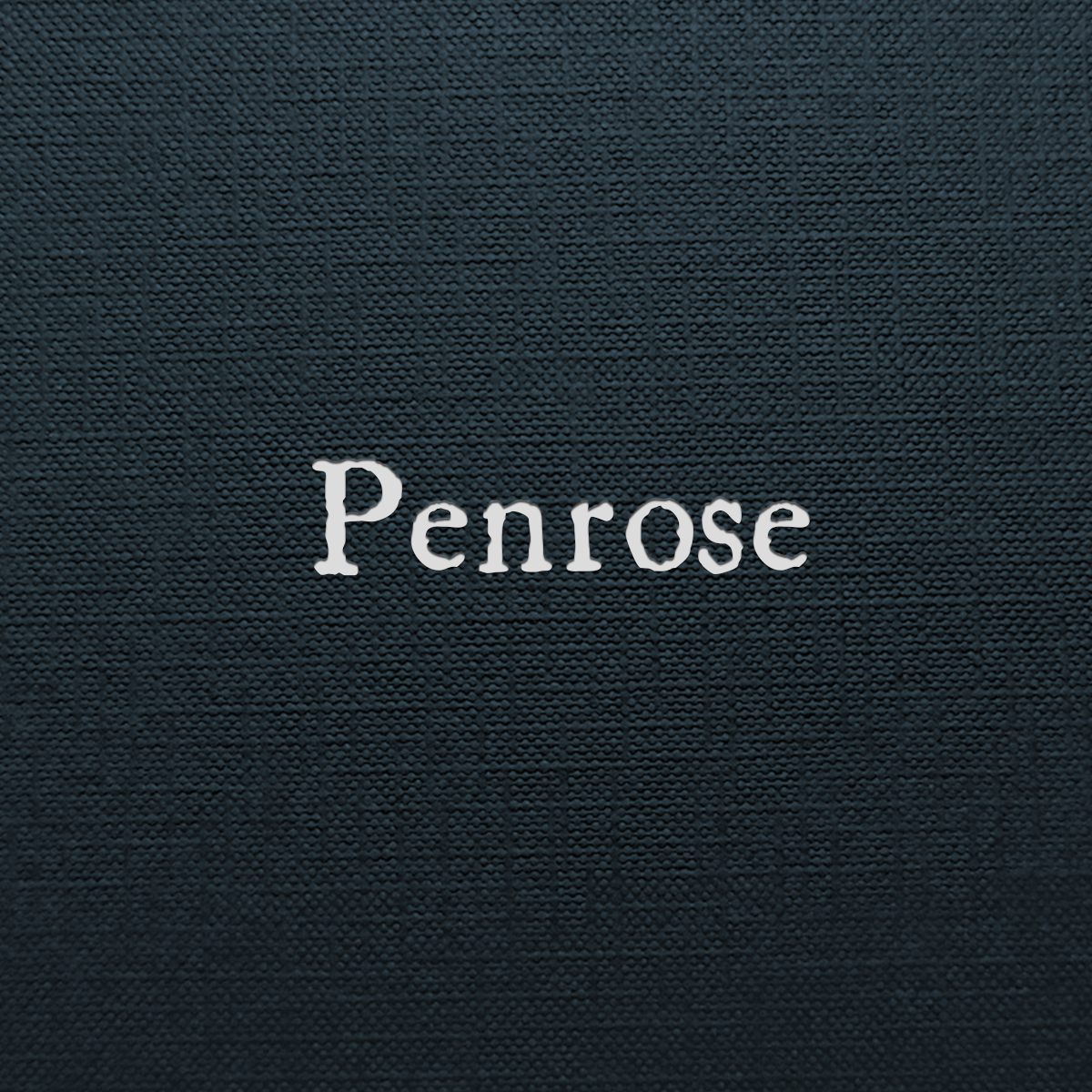


Everyone bemoaned the prevalence of deceptive language and supported the committee's mission. The tone of the letters in the 1975 issue were largely positive. The Public Doublespeak Newsletter also printed letters from readers.

Pages from the fall issue introduced the Doublespeak Awards, while the pages from the spring issue illustrated the media's reaction to the committee. The fall and spring issues in 1974 provided an early look of the committee's activities. To learn about related material, see the following record series: 15/71/804 Item: Copy of Public Doublespeak Newsletters(1974) Over the years, the Public Doublespeak Newsletter served to publicize not only committee business but to continually highlight doublespeak in daily life. In its spring issue, the newsletter contained a reprint of an article from the Saturday Review, illustrating the media attention the committee brought to NCTE. The committee devised four categories: "misuse of euphemisms," "gobbledygook," "educationeze," and "language of silence." The winner in the most promenient of the categories, "misuse of euphemisms," was Colonel Opfer and his insistence to reporters that bombing should be called air support. In the fall issue of its newsletter, Public Doublespeak Newsletter, the committee announced the winners of the first ever Doublespeak Award. Quarterly Review of Doublespeak, 1980-2000ĭoublespeak: A Brief History, Definition, and Bibligraphy, with a List of Award Winners Public Doublespeak Newsletter, Fall and Spring 1974 To learn more about the history of this committee and its founders, take a look at the featured records below.Ĭontents:(To enlarge an image, click on it and it will open in a new window) While these awards continue today, the Committee on Public Doublespeak has been renamed the Public Language Award Committee (website: ). In 1975, the committee also established the NCTE George Orwell Award to recognize individuals who contribute to the "critical analysis of public discourse" rather than perpetuate doublespeak. To fulfill this charge, the committee created the Doublespeak Award, which is described on NCTE's website as an "ironic tribute to public speakers who have perpetuated language that is grossly deceptive, evasive, euphemistic, confusing, or self-centered." Politicians, advertisers, and military officers are often the recipients of these awards.

It is this latter function that attracted the attention of the national news. In addition, the committee also had to expose those who were manipulating language. Its charge was to develop classroom activities to help teachers educate students on doublespeak and its dangers. George Orwell's classic 1984 inspired the Council to refer to any language that violates their resolutions as "doublespeak." In November 1972, on Gibson's suggestion, the Committee on Public Doublespeak was formed (Hook, p. "The meeting was not very well attended, and I remember thinking gratefully that a lot of people who might be opposed were out in lobbies at the slot machine," Gibson joked (1991, p. Despite these concerns, the resolutions passed. Gibson described that those at the business meeting were divided on the resolutions, which would certainly drag NCTE into a politically-charged environment. RESOLVED, that the National Council of Teachers of English find means to study relations of language to public policy, to keep track of, publicize, and combat semantic distortion by public officials, candidates for office, political commentators, and all those who transmit through the mass media. RESOLVED, that the National Council of Teachers of English find means to study dishonest and inhumane uses of language and literature by advertisers, to bring offenses to public attentioon, and to propose techniques for preparing children to cope with commercial propaganda. These resolutions directly addressed "commercial propaganda" and "semantic distortion" and would lead NCTE to take a national role in exposing "public lying" in the media: "We have some dandy resolutions for you," he said (1991, p. In Doublespeak: A Brief History, Definition, and Bibligraphy, with a List of Award Winners, Walker Gibson, the incoming president, recalls Richard Ohmann, Resolutions Committee chair, approaching him before the convention's annual business meeting. The pervasiveness of doublespeak in mass media was brought to NCTE's attention at its 1971 convention in Las Vegas. From "The Doublespeak Awards," Public Doublespeak Newsletter, Vol.


 0 kommentar(er)
0 kommentar(er)
